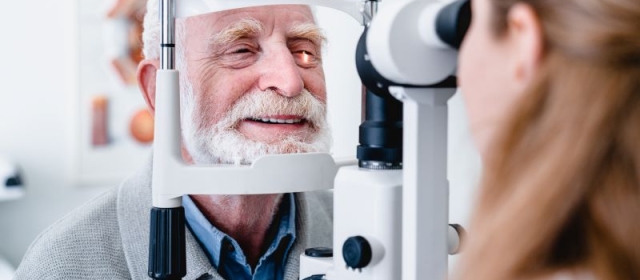
All Sexual Health Headlines
Upcoming Events

- Sexual Health Topics: Men’s Sexual Health, Women’s Sexual Health, Mental Health & Psychology
Sexual health issues are common, yet individuals often hesitate to seek help. In certain populations, especially those with medical conditions, sexual dysfunction is prevalent. Mental well-being is linked to sexual health, with depression and anxiety both impacting and being impacted by sexual issues.

- Sexual Health Topics: Women’s Sexual Health
People have different perceptions of their genitals, and the feelings and attitudes that a person has towards their genitals can be encompassed by the term “genital self-image” (GSI). Experts theorize that how a person feels about their genitals may have an impact on their sexual function and satisfaction, given that the genitals play a large role in sexuality.

- Sexual Health Topics: Men’s Sexual Health, Women’s Sexual Health, Mental Health & Psychology
Sexual fantasies are thoughts that arouse sexual feelings in an individual. Aggressive sexual fantasies (ASFs) are thoughts that involve causing harm to others for sexual arousal. ASFs are common, even in the general population.

- Sexual Health Topics: Men’s Sexual Health, Women’s Sexual Health, Sexual Orientation & LGBTQIA+ Health
Nationally representative surveys across Denmark, Germany, and the United Kingdom have revealed that a significant portion of the population faces sexual dysfunction, and it impacts people of all gender identities and sexual orientations.

- Sexual Health Topics: Men’s Sexual Health, Medications & Sexual Health, Sexual Health Management & Treatments
Erectile dysfunction (ED), or the inability to get or maintain an erection long enough for satisfactory sexual activity, can negatively affect a man’s life. This common condition has been associated with depression and anxiety, and it may cause tension in one’s romantic relationship.

- Sexual Health Topics: Men’s Sexual Health, Women’s Sexual Health, Cancer & Sexual Health (Oncosexology)
Palliative care is aimed at improving an individual’s quality of life and minimizing their suffering when they are sick with a terminal illness. While it is generally effective at achieving these goals, palliative care does not generally address the sexuality or intimate needs of patients and their partners.

- Sexual Health Topics: Men’s Sexual Health, Mental Health & Psychology
Nonorganic erectile dysfunction (ED) is ED that is not related to organic risk factors like vascular problems, neurological issues, or penile deformities like Peyronie’s disease, and is instead linked to psychological causes.

- Sexual Health Topics: Men’s Sexual Health, Medications & Sexual Health
The sexual cycle is a complex process that can be affected by many factors, at times resulting in sexual dysfunction. Some common risk factors for sexual dysfunction include health issues and substance abuse, which is the recurring desire to take drugs or other substances in a way that is harmful to a person.





